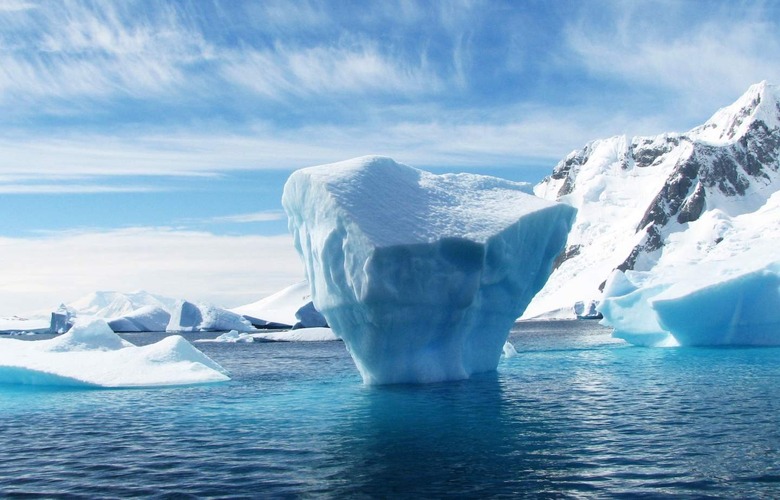July 2021 Was "Earth's Hottest Month On Record" As Climate Fears Deepen
July 2021 was Earth's hottest month on record, according to the National Oceanic and Atmospheric Administration, an ominous milestone that arrives amid renewed concern that we're not doing enough to tackle climate change. It comes as a UN report issues a damning warning about the lackluster response to rising temperatures on our planet.
Earlier in August, the UN Climate Change report – authored by the Intergovernmental Panel on Climate Change (IPCC) and a host of international experts – confirmed that we'd been far from effective as a species at tackling the causes of temperature change. The result, the IPCC said, was that global temperatures would rise by 1.5 degrees Celsius or more over the next two decades.
Though that might not sound like much, the impact on conditions on Earth would be massive, the UN agency pointed out. More significant heatwaves, rising ocean levels from melting ice caps, and a combination of persistent drought in some areas and frequent flooding in others. Floods that are considered "once in a century" perils now are on track to become a yearly hazard, the IPCC warned.
Now, the NOAA's National Centers for Environmental Information is weighing in with some ominous numbers of its own. "July is typically the world's warmest month of the year, but July 2021 outdid itself as the hottest July and month ever recorded," Rick Spinrad, Ph.D., NOAA Administrator said today. "This new record adds to the disturbing and disruptive path that climate change has set for the globe."

Globally, land and ocean-surface temperatures averaged 1.67 degrees Fahrenheit (0.93 degrees Celsius) above the 20th century average of 60.4 degrees Fahrenheit in July 2021. That's 0.02 degrees Fahrenheit higher than the previous record, first set in July 2016 and then repeated in 2019 and 2020.
In the Northern Hemisphere, land-surface temperature averages were the highest ever recorded for July. They were 2.77 degrees Fahrenheit above the average for the month. Records of global temperatures have been collected for 142 years, the NOAA points out.
What's clear, though, is that the changing climate isn't as straightforward as temperatures rising and the implications you might extrapolate from that. While Arctic sea ice coverage in July 2021 was the fourth-smallest for the month in 43 years of records, for example, Antarctic sea ice was above average for the month. It's a reminder that, as with the potential for huge disruption to the Atlantic Gulf Stream, extremes of temperature in either direction can be similarly problematic to life on Earth.
"We have a narrow window of time to avoid very costly, deadly, and irreversible future climate impacts," NOAA chief Spinrad said of the IPCC report. "It is the consensus of the world's scientists that we need strong, and sustained reduction in greenhouse gases."
